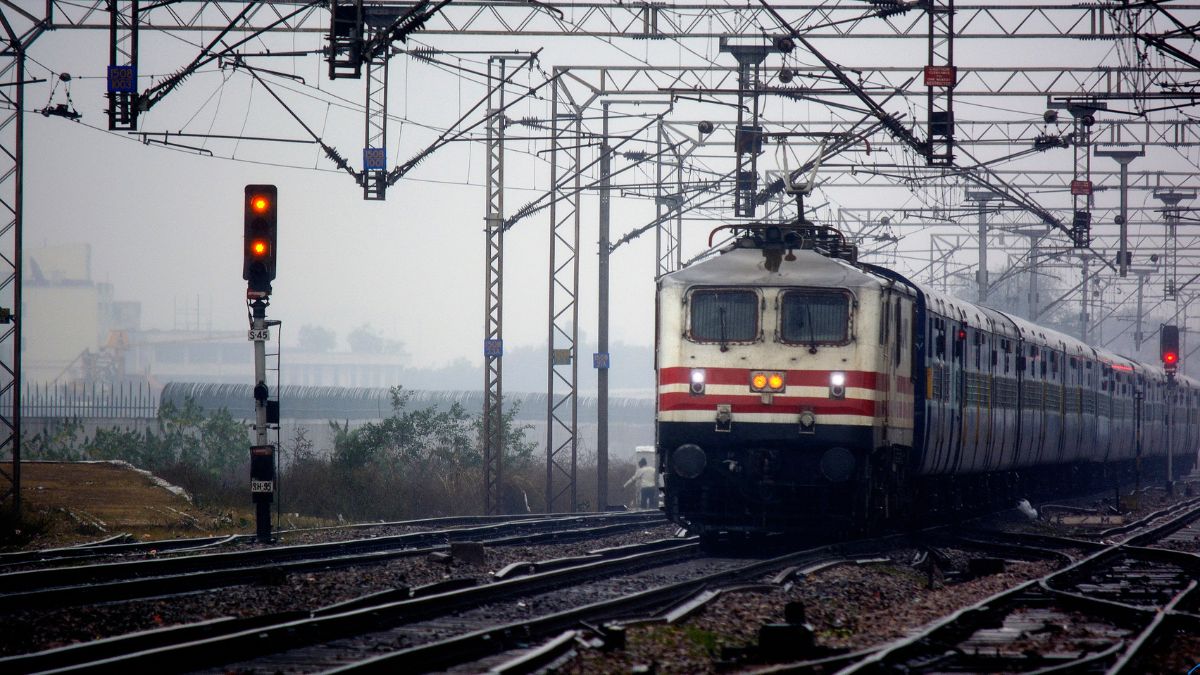The Indian Railway Board’s recent decision to reduce the advance reservation period (ARP) for train tickets from 120 days to 60 days has sparked considerable discussion. This change, effective November 1st, marks a significant shift in railway ticketing policy, reversing a previous decision to extend the ARP. The rationale behind this move centers around addressing high cancellation rates and minimizing wasted berths, a problem exacerbated by the longer reservation window. While the board claims this decision is based on optimizing passenger convenience and minimizing fraudulent activities, the impact on passengers and the railway system remains to be seen. This article delves deeper into the reasons behind this change, its potential implications, and the historical context surrounding ARP adjustments in the Indian Railways.
Reasons for Reducing Advance Reservation Period
The Railway Board’s press statement emphasizes the inefficiencies inherent in the 120-day ARP. High cancellation rates, estimated at around 21 percent, contribute significantly to wasted resources. Furthermore, a considerable number of passengers, approximately 4-5 percent, fail to board their trains after reserving their tickets. This “no-show” phenomenon exacerbates the problem of wasted berths and leads to substantial losses for the railway system.
Inefficiencies of Longer Reservation Periods
A prolonged ARP, according to the board, allows for excessive booking and subsequent cancellations. This creates a ripple effect; not only are berths left empty, but the system also becomes inefficient in managing bookings and accurately predicting demand. The longer period allows for speculation and potential misuse of the system by individuals who might reserve multiple seats without any intention of traveling.
Curbing Fraudulent Activities
The board also highlighted that extended reservation periods contribute to fraudulent activities. With more time available, there is a greater risk of ticket manipulation, including impersonation and illegal sale of tickets by unscrupulous individuals. Shortening the ARP, they believe, can curtail such activities by making it more challenging for fraudulent schemes to operate.
Optimizing Passenger Convenience
Interestingly, while citing passenger convenience as a justification, the board maintains that 60 days provides a suitable timeframe for planning journeys, balancing the need for early booking with the avoidance of excessive cancellations.
Impact on Passengers and the Railway System
The reduction in ARP will undoubtedly affect various stakeholders within the Indian Railways ecosystem. While the stated intention is to improve efficiency, the actual outcome remains uncertain.
Positive Impacts
By reducing cancellations and no-shows, the railway system could potentially optimize resource allocation and enhance operational efficiency. This could lead to better seat availability for genuine passengers seeking to travel and potentially contribute to smoother train operations. The reduced chances of fraud would benefit both the railway and honest travelers.
Potential Negative Impacts
Passengers accustomed to planning their travel well in advance might experience difficulties if their preferred trains are fully booked closer to departure dates. This might compel them to choose alternative routes or travel dates, possibly causing inconvenience. Further, frequent travelers with regular travel routines that require bookings well in advance might also face significant setbacks due to this change in ARP. Additionally, people traveling during peak season might face hardships in securing a confirmed ticket and have to opt for waiting list tickets which are generally unreliable.
Historical Context and Future Implications
The decision to reduce the ARP isn’t a spontaneous one but rather the latest in a series of adjustments made over the years. The ARP has fluctuated between 30 and 120 days multiple times since 1981, reflecting the railway’s ongoing efforts to balance passenger demand with operational efficiency.
Past Adjustments and Their Outcomes
The history of ARP adjustments reveals a continuous process of trial and error, with the Railway Board adapting its policies based on observed outcomes. Past experience will inform future strategies and the decision makers could use the result from the change to create policies going forward. The data collected from the new 60 day ARP would help in adjusting policies further.
Long Term Planning
Looking ahead, it will be important to continuously monitor the impact of the reduced ARP, gathering data on cancellation rates, passenger feedback, and operational efficiency. This data will be crucial for determining whether the change achieved its intended goals and for making informed adjustments as needed in the future. The decision will help create room for a flexible ARP policy depending on the demand at different times of the year.
Takeaways
The reduction of the advance reservation period for train tickets in India is a complex issue with multiple facets. While the intention of curbing fraudulent practices and maximizing berth utilization is commendable, the impact on passenger convenience and long-term operational efficiency will require careful monitoring. The Railway Board’s data-driven approach, based on historical experience, suggests a pragmatic response to the challenges faced, although its success ultimately depends on its real-world impact. Further study and analysis are crucial to properly evaluating its success and planning for potential future revisions in policy.




